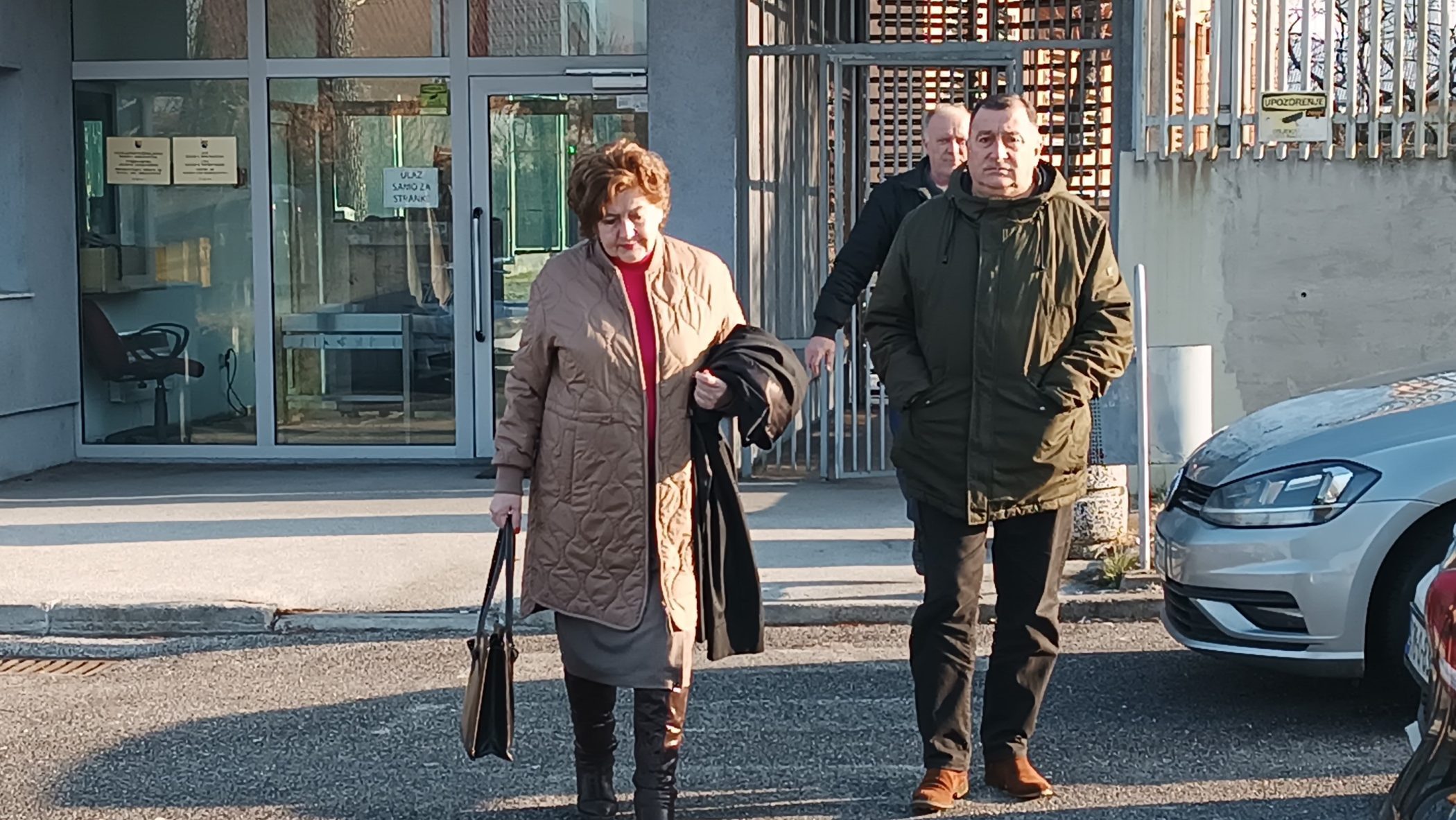This post is also available in: Bosnian
Prosecutor Vesna Ilic as presented around a hundred written documents and asked for them to be included as material evidence in the case against Marko Samardzija before the Bosnian court.
Samardzija, a former member of the Army of Republika Srpska, is charged with war crimes committed against Bosniak civilians in the village Biljani on July 10, 1992.
The prosecution presented documentation which proves that during the period for which the indictment charges him, Samardzija was a member of the 17th light infantry brigade and that he was ranked as first class captain.
Some of the presented documents contain Samardzija’s signature and talk about actions of Serb forces and their organisation on the territory of municipality Kljuc.
Among other documents – which did not contain the inductees signature – is a memo from the 17th brigade dated July 9, 1992 in which it is ordered to “block, search and clean the region of villages Donji Biljani, Domazeti, Botonjici, Jabukovac and Brkici”.
The order describes in detail the action plan which was supposed to start on July 9 in the evening and end a day later.
Both the prosecution and the defence called this document a key document for this case.
The prosecution is trying to prove that Samardzija – as a commander of the 3rd detachment of Sana battalion within the 17th brigade and jointly with other Serb soldiers and policemen – participated in this attack and ordered all Bosniak population to leave their homes, after which he separated the men and ordered them to go towards the elementary school in the village Biljani.
According to the indictment, Samardzija then watched the men being separated into groups, taken out and killed, and others taken to location Laniste where they were then killed.
The prosecution asked that a series of documents about the organisation of Republika Srpska and the Serb administration on the territory of Kljuc also be included as evidence. Also, a document about the taking of 1,163 persons from this territory to Manjaca camp and a list of a few hundred names including persons whose remains were found after the war in the mass grave Laniste were also presented.
The defence is basing its case on the claim that Samardzija did not order the action in Biljani.
Defence attorney Zlatko Knezevic protested at the acceptance of most of the enclosed documents as evidence, arguing that they are not relevant to the case or that they do not directly refer to the defendant and the event with which he is charged.
He also objected because some of the enclosed documents are not signed, some are not stamped and some have been written with a typewriter partly in Cyrillic and partly in Latin letters.
“We all know that, at the time, an order on the obligatory use of Cyrillic letters was in effect,” Knezevic reminded the court.
The trial chamber will decide later as to which of the enclosed documents will be accepted as evidence. On Thursday, July 13, the defence will start presenting its evidence and call its first two witnesses.

